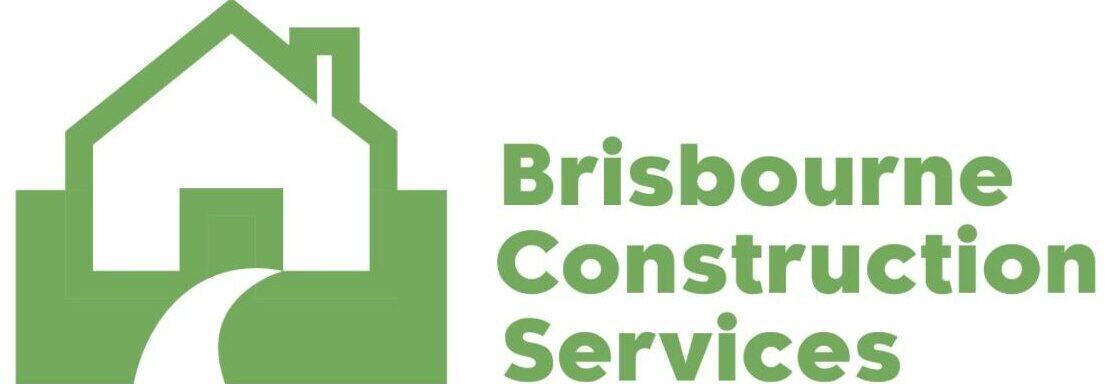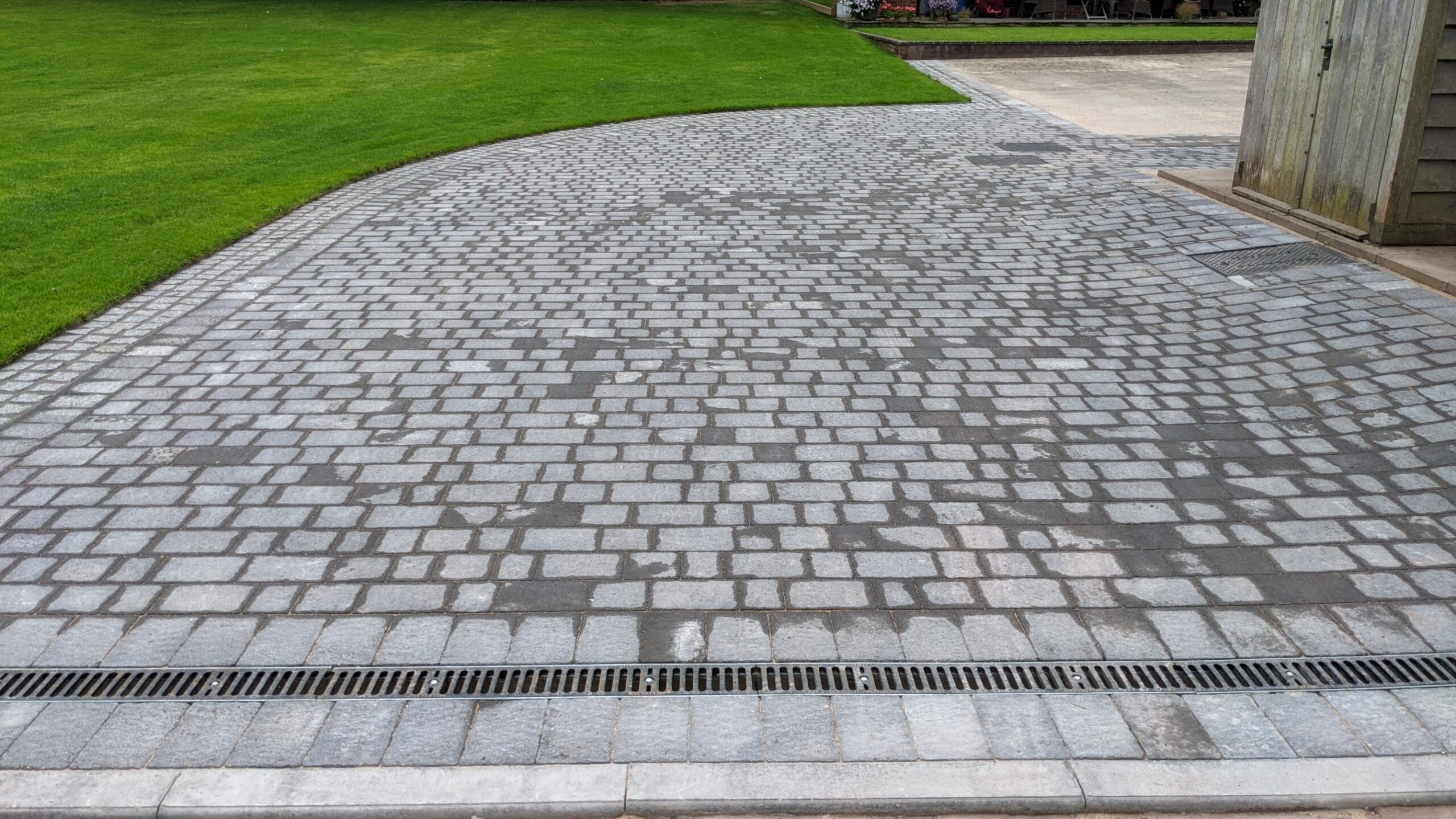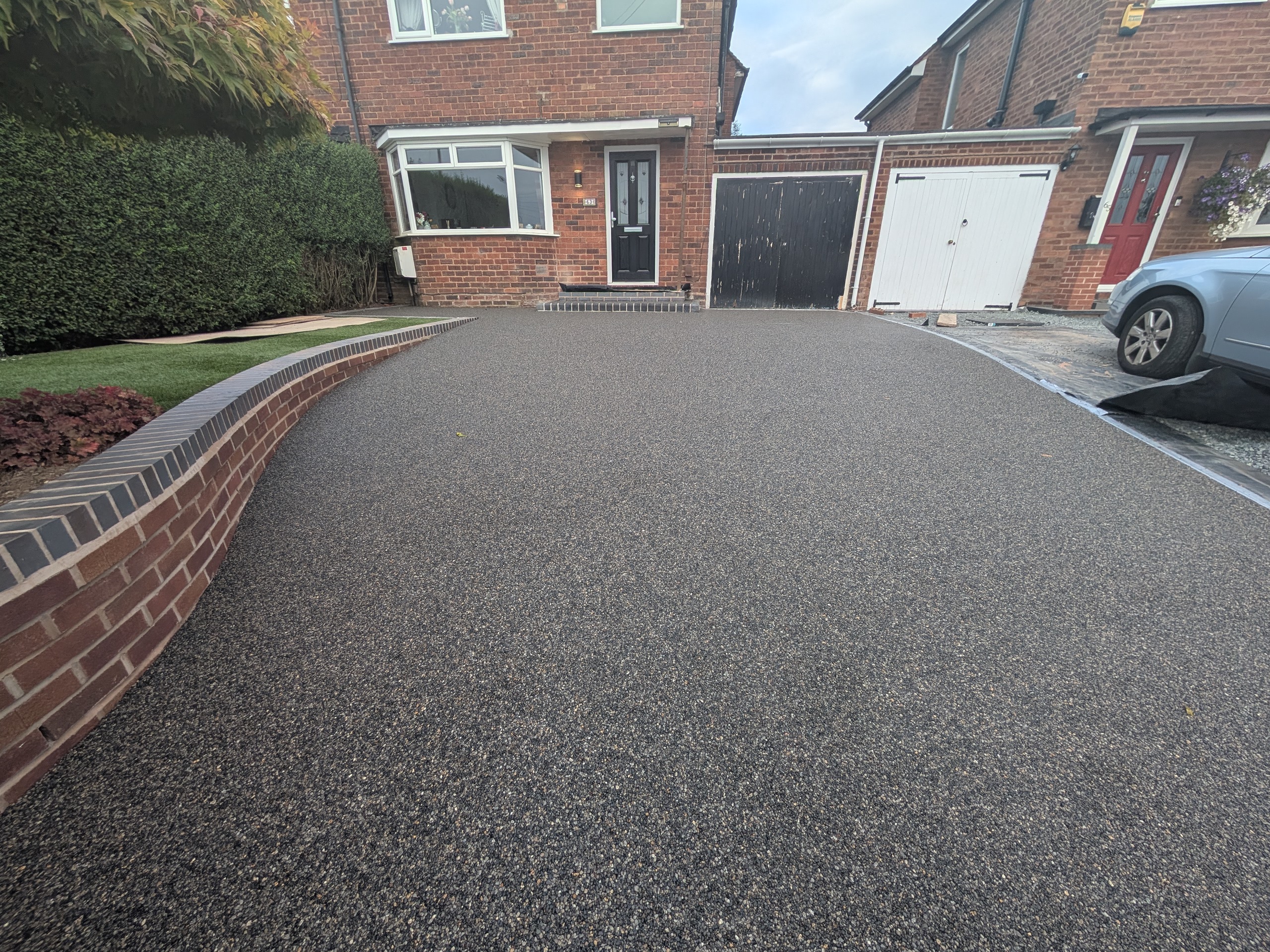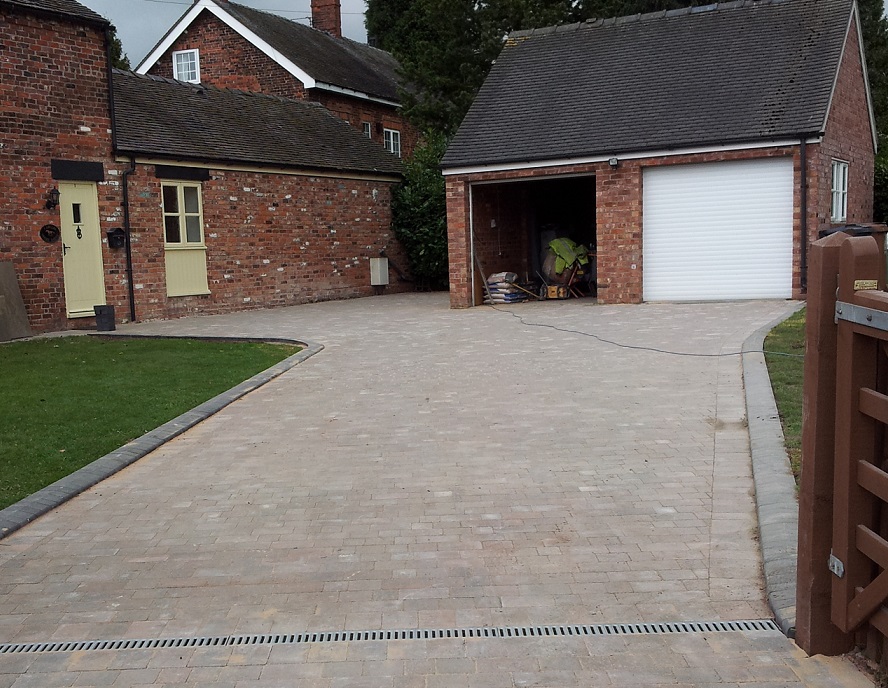Considerations for Laying Block Paved Driveways
A block paved driveway not only enhances the kerb appeal of your home but also provides a durable and practical solution for off-street parking, and adds value to your home. If you’re a local homeowner considering this type of project, it’s essential to understand the process and what to consider before hiring a professional landscaping company to lay your driveway. Here’s a step-by-step guide to ensure you get the best results.



1. Planning Permission and Regulations
In the UK, most driveway projects using permeable materials like block paving do not require planning permission. However, if your driveway will drain water onto the street or uses non-permeable materials, you may need to apply for planning permission. Additionally, if you live in a conservation area, there may be additional restrictions as to the type of materials you can use.
Key Tip: Check with your local council regarding any specific requirements or restrictions before starting the project or give us a call for our free advice. Ensuring compliance from the start can prevent costly delays later.
2. Selecting the Right Materials
Block paving comes in a variety of materials, colors, and styles, allowing you to choose an option that complements the outside style of your home. Popular choices include concrete, clay, and natural stone pavers, cobbles or granite setts. Consider the durability, maintenance, and aesthetic appeal of each option.
Key Tip: While natural stone can be more expensive, it offers superior longevity and an enhanced look. If you are looking for more of a budget friendly solution then concrete blocks can be more cost-effective and still provide a high-quality finish.
3. Site Prep and Excavation
Proper site preparation is critical to the success of your block paved driveway. This stage involves marking out the area, excavating to the required depth, and ensuring a stable sub-base. Typically, the excavation should be about 200-250mm deep, depending on soil conditions and the expected traffic load. Ask yourself if the drive will accommodate several vehicles and their type eg cars, pickups or horse trailers.
Key Tip: We always use a suitable sub-base, such as MOT Type 1 aggregate, in our lays so make sure you are comparing like for like, if you have had a cheap verbal quote. A well-prepared base will prevent sinking or shifting in the future, ensuring a long-lasting driveway for many years to come.
4. Laying the Blocks and Edging
Once the base is prepared, the next step is laying a sharp sand layer before positioning the blocks. The blocks are laid in your chosen pattern, with care taken to ensure they are level and tightly fitted together. Edging blocks are also installed to keep the structure in place and provide a neat finish.
Key Tip: We use a vibrating plate compactor to bed the blocks firmly into the sand and to level the surface. Proper compaction is essential for stability and durability. Tamping down manually with a sledgehammer doesn’t really do a proper job.
5. Jointing and Finishing
After the blocks are laid, kiln-dried sand is brushed into the joints to lock the blocks in place and prevent movement. This step also helps prevent weed growth and maintains the structural integrity of the driveway. The surface is then compacted again to ensure everything is secure.
Key Tip: We can offer a final sealant application, which can help protect your driveway from stains, weathering, and weed growth. This finishing touch can extend the lifespan of your block paving and keep it looking fresh.
6. Maintenance and Aftercare
Once your block paved driveway is complete, maintaining it is relatively simple. Regular sweeping to remove debris and occasional reapplication of jointing sand are usually all that’s required. However, it’s also advisable to have the driveway professionally jet washed and resealed every few years.
Key Tip: Address any issues such as weed growth or sinking blocks as soon as they arise. Early intervention can prevent minor problems from developing into more significant, costly repairs.
By following these steps and carefully considering each aspect of your project, you can achieve a beautiful, durable block paved driveway that enhances your home’s value and appeal. Whether you’re looking for a simple, functional driveway or a more decorative design, investing in quality materials and workmanship will pay off in the long run. For a competitive quotation for high quality workmanship please contact us.




